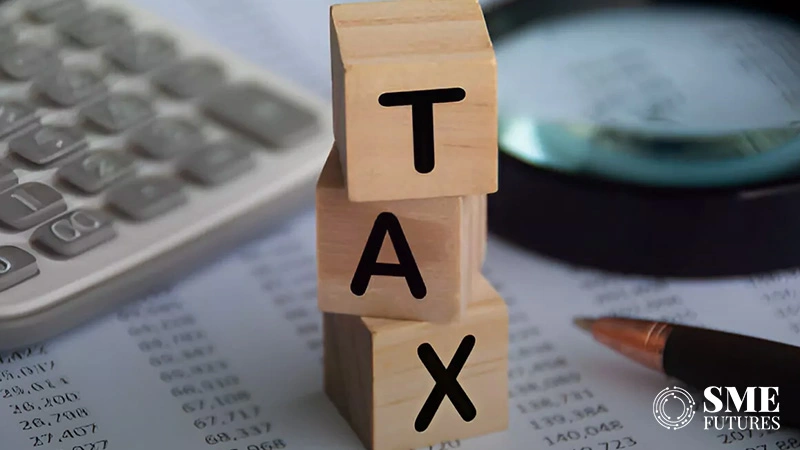In an effort to streamline tax evasion investigations while promoting ease of doing business, the Central Board of Indirect Taxes and Customs (CBIC) has issued new guidelines for Customs officers handling cases of commercial intelligence and tax fraud in the import and export sectors. The directive, Instruction No. 27/2024-Customs dated November 1, 2024, outlines a structured approach to ensure investigations are thorough yet minimally disruptive to compliant businesses.
This directive is designed to address cases distinct from outright smuggling, where the focus is on commercial intelligence (CI) fraud investigations. To ensure that Customs processes are transparent and efficient, the CBIC has mandated time-bound investigations and encouraged Customs officers to adhere to clear documentation protocols. The guidelines also emphasise avoiding unnecessary detainment of goods and preventing prolonged procedures that may impact businesses with legitimate trade practices.
Key highlights of new CBIC guidelines
1. Approval and timely completion of investigations:
Every investigation must be pre-approved by the Commissioner and should generally be concluded within one year. This requirement ensures that cases are resolved in a timely manner, reducing uncertainty for importers and exporters.
2. Holistic analysis of intelligence inputs:
Customs officers are now instructed to thoroughly analyse intelligence inputs before beginning an investigation. This analysis includes cross-referencing available data, industry practices, and judicial precedents to assess the validity of the intelligence. This measure aims to reduce unnecessary interfaces with businesses.
3. Summons and document requests:
The guidelines recommend that documents be requested through written communication rather than summons where possible. If summons are necessary, officers are advised to issue them with a reasonable timeframe for response. Additionally, each request must be approved by a senior officer and justified as relevant to the investigation.
4. Transparency in investigation scope:
To maintain clarity, any request for documents should include the specific nature of the inquiry, avoiding vague language. The guidelines discourage “fishing expeditions” and emphasise that only documents relevant to the investigation should be requested, aligning with Section 108 of the Customs Act, 1962.
5. Voluntary compliance encouragement:
Where possible, Customs officers are encouraged to inform entities of voluntary payment options, fostering a cooperative environment while maintaining compliance with legal provisions.
6. Regular updates and grievance redressal:
Commissioners overseeing investigations are advised to provide regular updates to businesses under investigation. In cases of unresolved grievances, they may also consider meeting with importers or exporters to address concerns directly.
Balancing enforcement with business efficiency
These guidelines represent a significant step towards creating a supportive business environment in India’s import-export sector, ensuring that customs enforcement measures do not stymie legitimate trade activities. By setting clear boundaries and fostering transparency, the CBIC aims to encourage compliance while allowing businesses to operate with minimal disruptions.
As the CBIC reinforces its commitment to both effective tax enforcement and ease of doing business, this approach seeks to establish a cooperative environment between Customs authorities and trade entities, benefitting India’s economic landscape.











